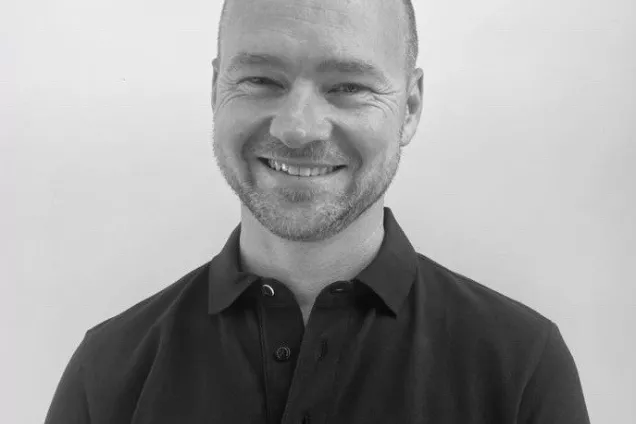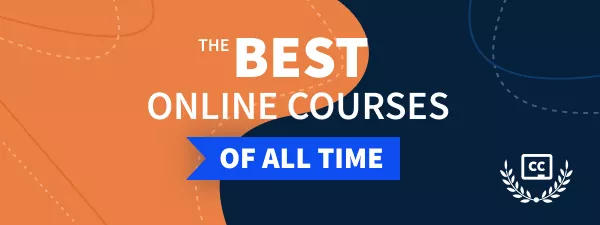Sparking Urban Transformations
Engaging a vast online learning community around city issues
As the world entered a physical lockdown, the IIIEE staff became motivated to develop further MOOCs (Massive Open Online Courses). The result became a triad of MOOCs which focuses on sustainable cities. Kes McCormick, the designer and coordinator, is pleased with the incredible diversity of teachers engaged and the possibility of bringing participants close to the latest research.
“The beauty of online courses and a virtual academy is that it is possible to involve a large group of teachers with different backgrounds, of which a large number are active researchers,” says Dr Kes McCormick, Associate Professor at the IIIEE. “In this way, you can combine the basic teaching content with relevant case stories in the form of different research projects; at the same time, you are bringing a lot of people together, forming an online learning community.”
During the process, we help them realise that there is no silver bullet or simple universal solution to these complex problems. By putting them in contact with scientists of various kinds, we can demonstrate how knowledge, solutions and policy emerges from the research community.
Ever since Kes McCormick came to Lund University, teaching has been at the centre of his professional life, and today he considers himself as an ”educator, researcher, and collaborator.” After studying political and environmental science in Melbourne, Australia, in the 1990s, he became a doctoral student at the IIIEE in 2004. Although he is a very successful researcher – actually the most downloaded author of Lund University – he has been passionate about the teaching part of academic life.
This interest in teaching, capacity building, and lifelong learning go way back: already as a school pupil, he observed that some teachers interacted more skilfully with the students than others. During the last two decades, he has been a teaching assistant, an associate professor, and a workshop leader on all levels – from high schoolers and bachelor students to doctoral students and senior research colleagues.
The IIIEE presented its inaugural MOOC as early as 2015 with the title Greening the Economy. The initial success led to an ambitious follow-up, and a city-themed “triad” of courses took form, focusing on Urban Sustainability, Urban Nature, and Urban Consumption. To connect and coordinate these three courses, the virtual City Futures Academy was formed, which also serves as a platform for sharing key publications, networking and learning across a range of organisations.
“The three main goals of the City Futures Academy are to inspire and motivate the participants to learn more, to help them attain a solution-focused mindset, and to give them the tools to find these solutions,” says Dr Kes McCormick. “During the process, we help them realise that there is no silver bullet or simple universal solution to these complex problems. By putting them in contact with scientists of various kinds, we can demonstrate how knowledge, solutions and policy emerges from the research community.”
Finally, the IIIEE has just launched a specialisation on Sustainable Cities and Communities that brings together the city-themed MOOCs. “In short, the specialisation is a way to couple our MOOCs together on urban transformations and provide a possibility for a more advanced certificate to participants that complete all three of our MOOCs”. This really builds off the success of the MOOC on Sustainable Cities, which has been ranked in the top 250 Best Courses of All Time by Class Central.
The three main goals of the City Futures Academy are to inspire and motivate the participants to learn more, to help them attain a solution-focused mindset, and to give them the tools to find these solutions.
The impacts – on a team, organisational, participant and societal levels
On a team level
- The development of MOOCs and a virtual academy sharpens the teamwork at the IIIEE around impact and outreach.
- The pedagogical challenge of creating engaging MOOCs and the possibility to use materials from the MOOCs in various ways expands thinking around the connections between research, education and impact.
On an organizational level
- The creation of the City Futures Academy helps the IIIEE to package its extensive and ongoing research and educational activities on urban transformations in a way that is accessible and attractive to diverse audiences.
- The IIIEE has launched a specialisation on Sustainable Cities and Communities that brings together the city-themed MOOCs and creates an essential foundation for the City Futures Academy.
On a participant level
- With over 120,000 participants in the city-themed MOOCs have reached incredibly large global audiences.
- There is the option to get a certificate after completing the individual MOOCs and now there is a specialization certificate if all the MOOCs are completed.
On a societal level
- The MOOC on Sustainable Cities has been ranked in the top 250 Best Courses of All Time by Class Central. The ranking by Class Central contains 250 courses from 100 universities based on 170,000 reviews.
- The MOOC on Sustainable Cities is also ranked in the top ten Environmental Science and Sustainability courses in the Coursera platform.

Kes McCormick
Ever since he was a doctoral student, Kes has been passionate to convey facts, insight, and analytical skills regarding subjects connected to environmental policy in a variety of ways. His work with online learning and MOOCs is part of this ambition. He also produces publications in range of formats targeting different audiences, which has helped to make him the most downloaded author at Lund University with over 250,000 publication downloads. In his leisure time, Kes can be found on a basketball court as a junior basketball coach for 3 teams.

Creating impact and lifelong learning
Challenge: To create insight into the subject of sustainable cities, students and professionals not only need to increase their knowledge, but also need an understanding of how new facts and solutions emerge through science and practice. In addition, it is precious for them to be introduced to professional networks which can form the knowledge foundation and the discourse about our shared future.
Approach: By offering a series of MOOCs, it is possible to reach out to tens of thousands of learners with different backgrounds worldwide. It is also possible to bring together teachers and researchers from various universities and organisations to create a vibrant learning experience for participants.
Outcome: Since 2016, the sustainable city-themed MOOCs by the IIIEE has enrolled over 120,000 participants from some 200 countries. Of this total number, around 10,000 are course completers, and about 60,000-70,000 are active learners. The MOOCs have also resulted in a mix of collaborations with UNDP, WWF, and ICLEI, to name a few.
Audience: The participants represent a diverse global audience, including university students, professionals working with urban issues, and the general public. They all have different reasons to approach the subject—from grassroots members of the public attending a few lecture videos from curiosity to university students taking the whole course to add the study certificate to their academic résumés. Many are interested in implementing sustainable solutions in their businesses, activities or lifestyles.

